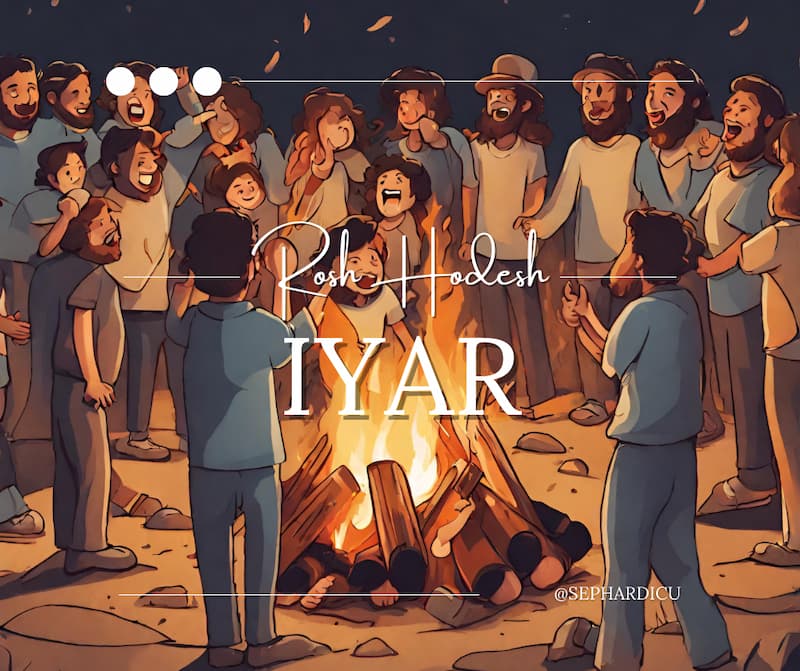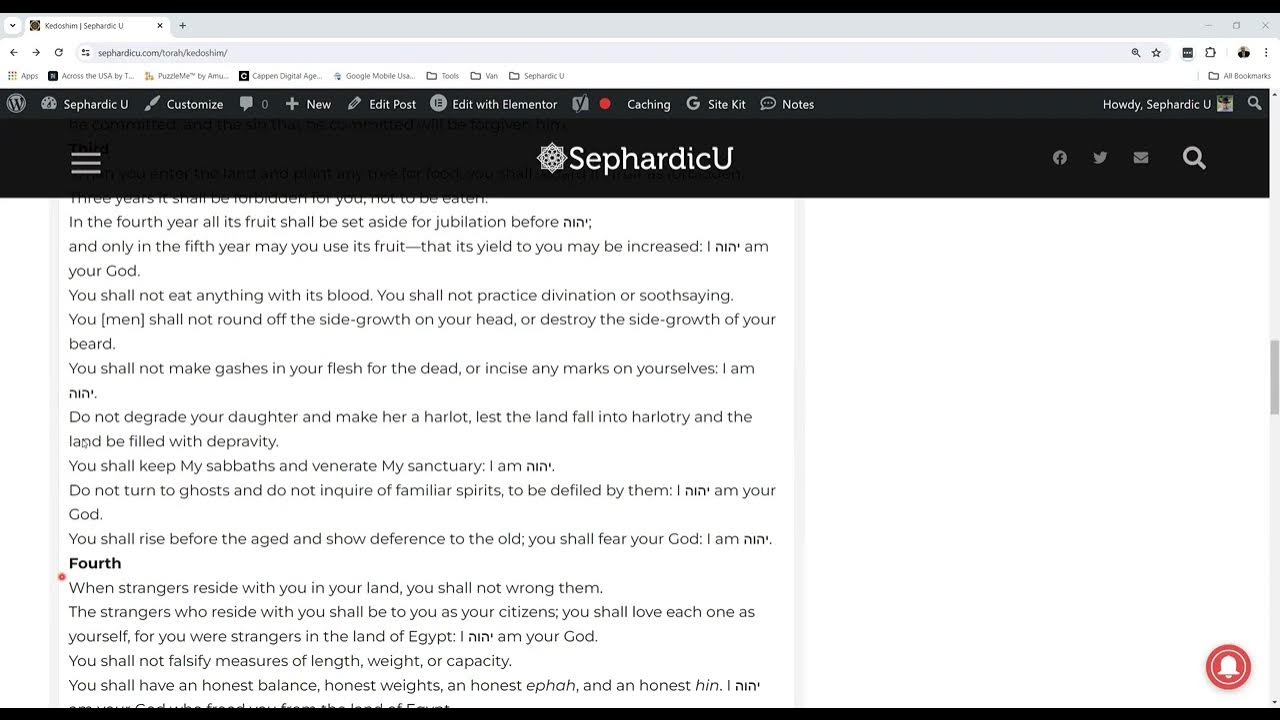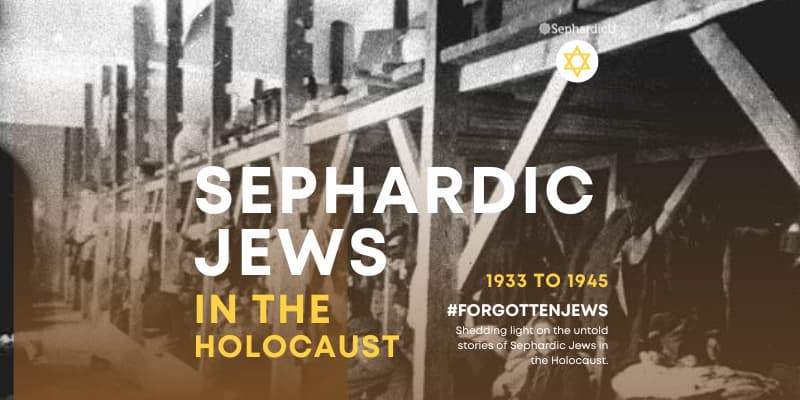Sephardic U would like to thank AJC, the American Jewish Committee, for their efforts in bringing to light a series that focuses on the nearly one millions Jews who were expelled their Arab lands. We encourage all Jews to listen to this fascinating series.

The world has overlooked an important episode in modern history: the 800,000 Jews who left or were driven from their homes in Arab nations and Iran in the mid-20th century to forge new lives for themselves and future generations. The Forgotten Exodus, a new limited podcast series brought to you by American Jewish Committee (AJC), explores the lessons we can learn from this pivotal moment of Jewish history. The series delves into the rich, yet little-known heritage of Jews from Arab nations, as some of those countries normalize relations with Israel, and the moving stories of courage, resilience, and reconciliation that illustrate how Jews in the Middle East and North Africa overcame tremendous challenges.
https://www.ajc.org/forgotten-exodus
Join us as they share these stories in the podcast series, The Forgotten Exodus. New episodes will be released weekly.
ABOUT THE AMERICAN JEWISH COMMITTEE
AJC’s mission is to enhance the well-being of the Jewish people and Israel, and to advance human rights and democratic values in the United States and around the world.
ABOUT SEPHARDIC U
Our goal is to educate and empower Sephardic Jews, connect them to their ancient historical roots, and bring forth a rejuvenation and flourishing of the renaissance Sephardic spirit.








